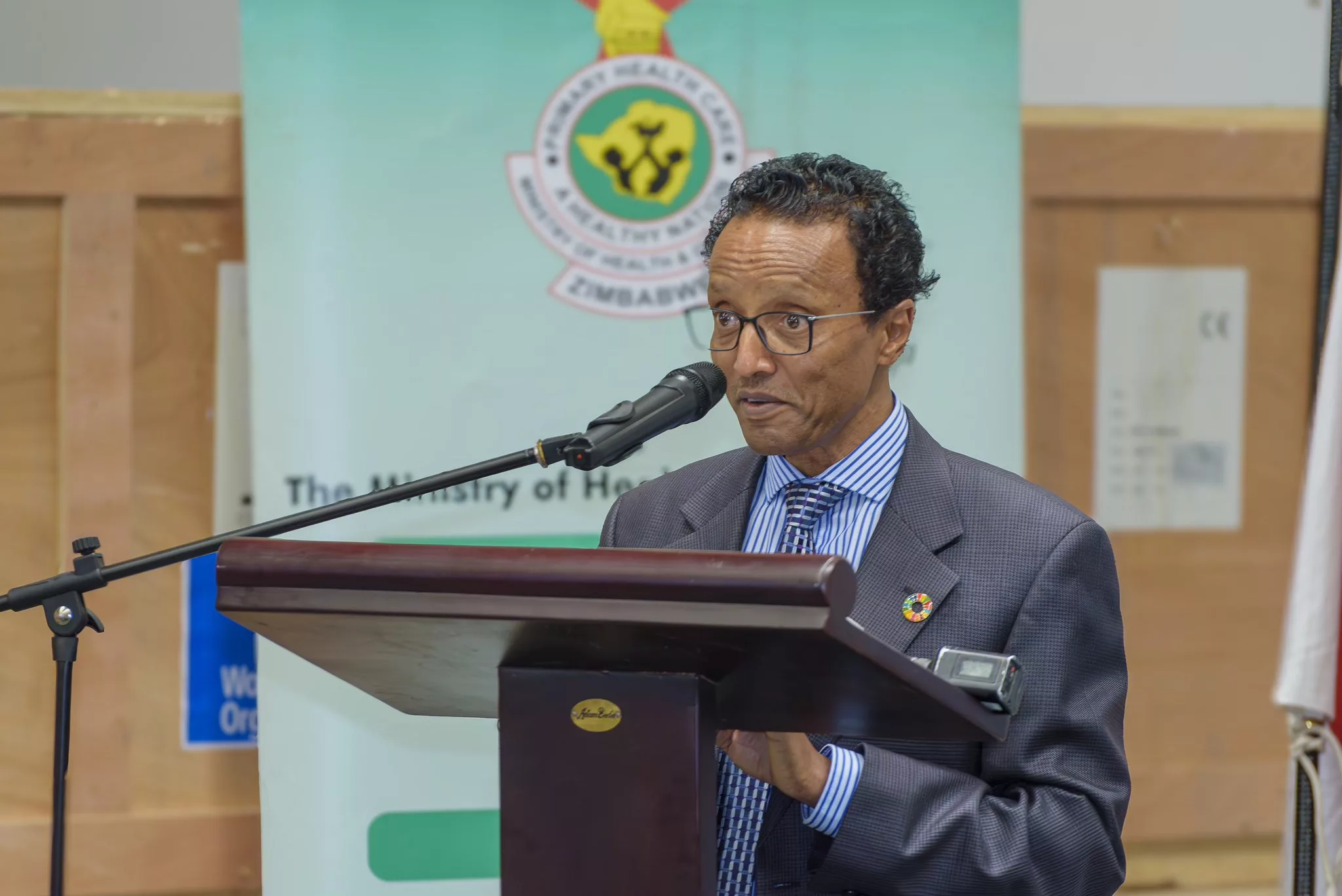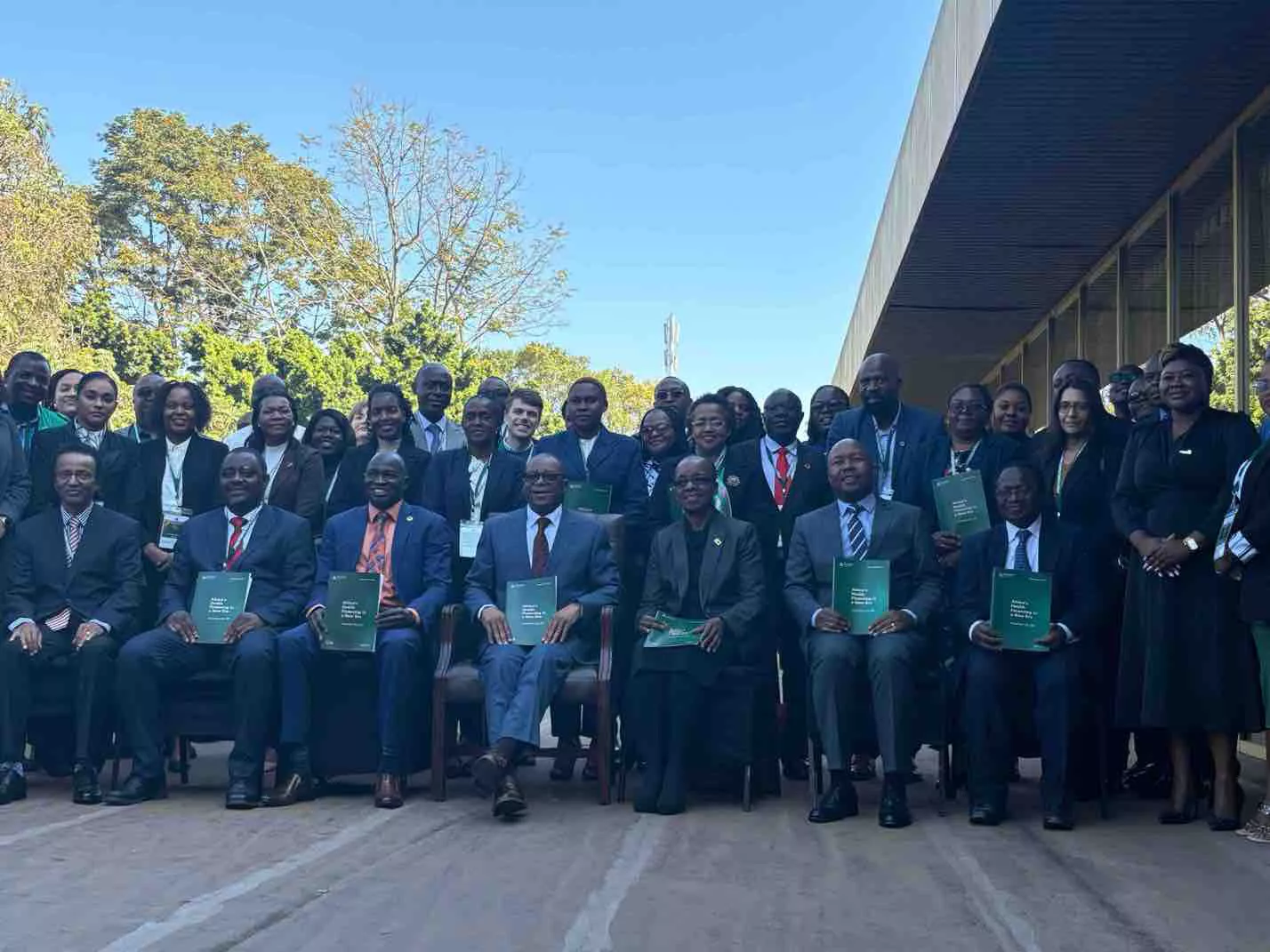By digitising 50% of all national payments, Senegal’s economic growth would increase by over FCFA 104 billion (over USD 177 million) per year
After making good progress on financial inclusion (httpss://GlobalFIndex.WorldBank.org/), Senegal has turned its attention to digitizing payments in order to speed up its growth and inclusive development.
By digitizing 50% of all national payments, Senegal’s economic growth would increase by over FCFA 104 billion (over USD 177 million) per year. The finding comes from a new report (https://bit.ly/2PYwKMV) presented today by the Prime Minister to the President of the Republic and adopted by the Council of Ministers.
Under the patronage of His Excellency President Macky SALL, the study was led by the Minister of Finance, the Minister of Solidary Economy and the Minister Delegate to the Prime Minister on behalf of the Government. The report benefited from the close partnership with the United Nations’ Better Than Cash Alliance (httpss://www.BetterThanCash.org/), as well as the MM4P (https://www.UNCDF.org/mm4p/home) program of the United Nations Capital Development Fund (UNCDF). The Regional Central Bank (BCEAO) and the private sector have contributed significantly.
Mahammed Dionne, Prime Minister of Senegal, said: “Better collaboration between public and private sectors on digitizing payments would make it possible to mobilize more resources, increase business productivity, improve financial inclusion and add FCFA 104 billion per year to our country’s GDP. The Head of State’s vision for an inclusive Senegal will thus become a reality. These issues are all common to the West African Economic and Monetary Union’s member countries.”
Her Majesty Queen Máxima of the Netherlands, the UN Secretary-General’s Special Advocate for Inclusive Finance for Development (UNSGSA), said: “Senegal has made exceptional progress in financial inclusion over recent years. I congratulate the government on its work on digitising payments. This will help to improve the efficiency and transparency of payments and also the financial and economic inclusion of individuals and small and medium-sized enterprises. The study launched today offers interesting options for action, some of which are already being implemented. By continuing to digitise their payments to individuals, the government and businesses will make savings and help to promote development.”
The report’s key findings:
- Economic growth would benefit by over FCFA 104 billion (over USD 177 million) per year if Senegal digitised half of all national payments.
- The public administration has digitised nearly 100% of its expenditure, thus mobilising resources, increasing the stability of financial forecasts and gaining funds for development.
- Local authorities could increase their daily tax collection rates by a factor of seven if they collected them electronically.
- The State’s social action agenda would be reinforced if all social programmes were digitised. Digitising the Universal Health Cover Agency alone would impact 3 million beneficiaries, mainly women and children.
- The value of payments to merchants is FCFA 16 000 billion (over USD 27 billion) almost entirely paid in cash. Digitising 50% of these transactions would increase GDP by FCFA 44 billion (over USD 75 million) per year and the formal sector would achieve productivity gains of over 205 days.
Dr. Ruth Goodwin-Groen, Managing Director of the Better Than Cash Alliance, said: “We congratulate Senegal for having accelerated its shift to digital payments, setting an example for the region. The government has digitised 100% of its payments to businesses and authorities. If social programs and the digitisation of revenue were added, up to 75% of costs could be saved. Digitising merchant payments could also have a significant impact on the country’s inclusive growth. The Better Than Cash Alliance stands ready to support the government with these ambitious projects.”
In order to make the most of this opportunity, the report sets out some specific recommendations:
- Deploy an institutional framework dedicated to digital payments.
- Make it possible for any person or institution to send or receive money, without restrictions on operators or payment platforms.
- Boost innovation while raising the awareness of all market participants about the added value of digital payments.
Senegal’s approach has involved over 7 ministerial offices and public agencies. Approximately 2000 businesses and households were interviewed, across the country’s 14 regions. Some 70 experts in total worked on the study. The National Statistics and Demographics Agency (ANSD (www.ANSD.sn – French abbreviation) deployed the 40 employees trained in the Better Than Cash Alliance methodologies to carry out all the statistical work for the study. Payments by all actors (States, businesses and households) nationally were captured and analysed. This amounted to a volume of over 10 000 billion payment flows.
SOURCE
Better Than Cash Alliance






